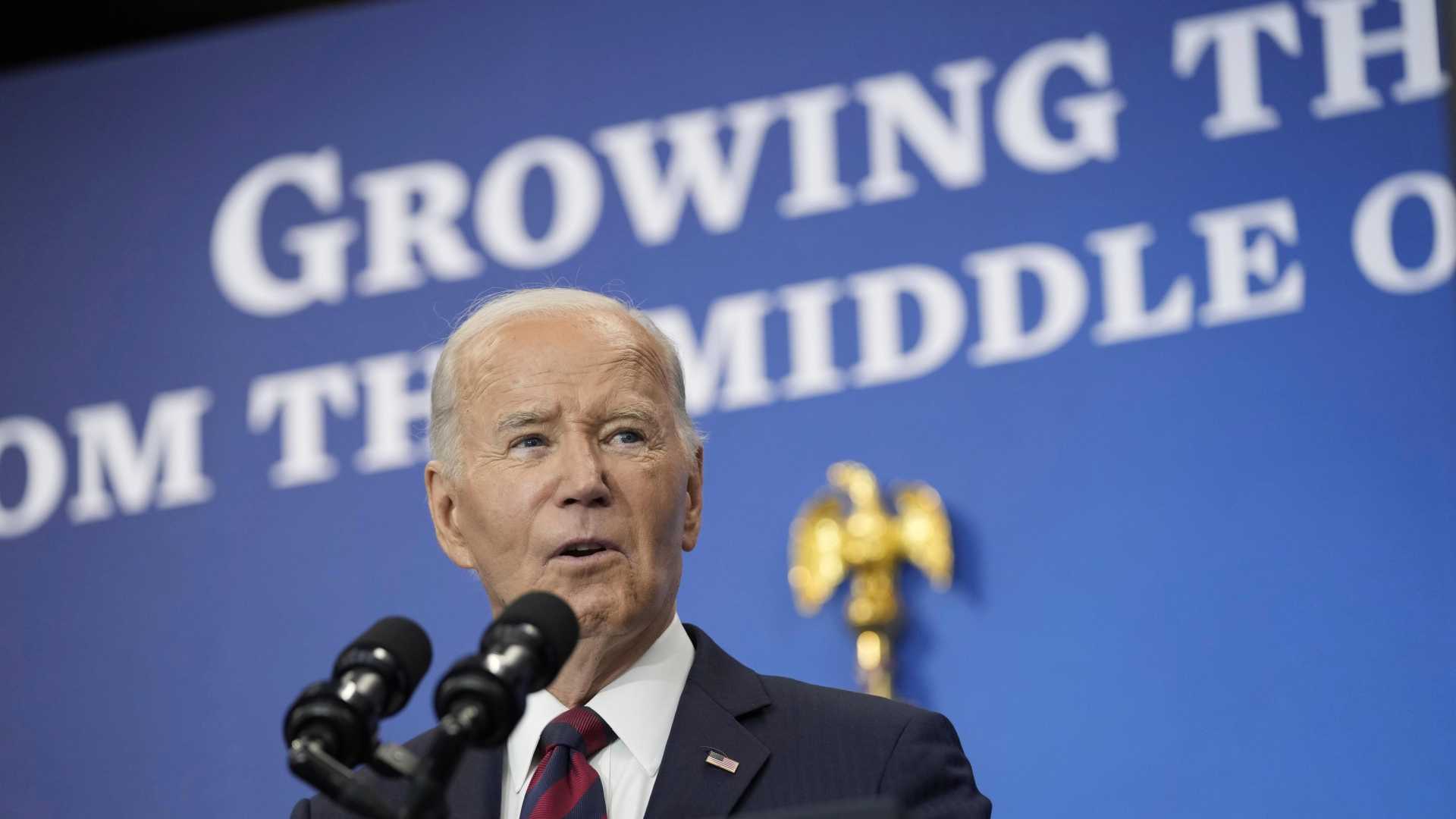Politics
Biden Administration Faces Challenges Over Federal Judgeships Amid Veto Threat and Partisan Tensions

President Joe Biden‘s administration has made significant strides in appointing federal judges, but recent developments have highlighted the contentious nature of judicial appointments in the U.S. As of December 10, 2024, the Senate has confirmed 232 Article III judges nominated by Biden, including one Supreme Court justice, 45 appeals court judges, and 184 district court judges.
However, a new bill aimed at expanding the federal judiciary has sparked intense partisan debate. The bill, which was passed unanimously by the Senate in August, proposes to add 66 new federal judgeships over the next decade. Despite its initial bipartisan support, the White House has announced that President Biden would veto the bill if it reaches his desk. This decision is largely driven by concerns that the new judgeships would give President-elect Donald Trump additional opportunities to shape the judiciary, potentially aligning with his broader political agenda.
House Democrats, led by figures like Rep. Jerry Nadler, are now mounting an 11th-hour push to kill the bill, citing fears that it would empower Trump to make more judicial appointments. Nadler argued that the bill would give Trump 25 additional judicial nominations, which could be used to expand the power of the presidency. This concern is exacerbated by the fact that over 100 judicial vacancies are expected to arise over the next four years.
Despite the political tensions, there is a consensus among lawmakers and judicial officials that the federal judiciary is in dire need of expansion. The Judicial Conference of the United States has recommended the creation of new judgeships to address the growing caseloads and delays in federal courts. As of June 30, 2024, there were nearly 750,000 pending cases in federal district courts, with each judge handling an average of 554 filings.
The veto threat from the White House has been met with criticism from Republicans, with Senate Republican leader Mitch McConnell describing it as “almost inconceivable” and suggesting it might be driven by “selfish spite.” The standoff reflects the deep partisan divisions surrounding judicial appointments and the broader struggle for control over the judiciary.












